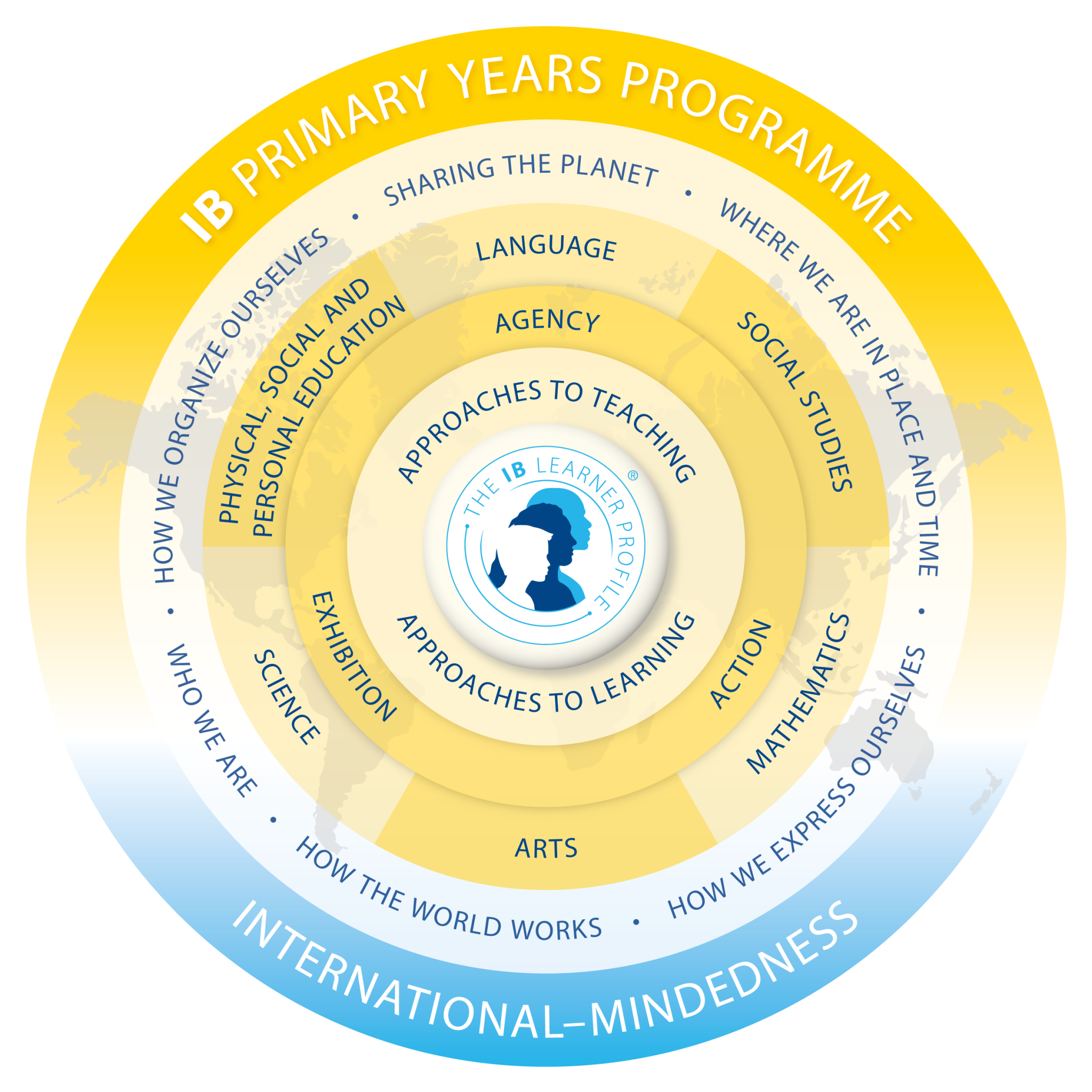THE PRIMARY YEARS PROGRAMME
The Primary Years Programme (PYP) is a curriculum framework for a global and robust education. The program focuses on the child’s holistic development. It addresses each student’s physical, social, emotional, cultural and academic well-being and mirrors our strong conviction that education must address the overall development of the child.
We at Unicosmos focus on the development of the whole child as an inquirer, both within and beyond the classroom to achieve academic excellence through building critical thinking skills while rooted to their native traditions. Our students come from many different countries and cultural traditions. Our curriculum compliments an intellectually challenging, creatively vibrant and diverse community of learners.
While building foundations for life, we ensure that students become active and caring lifelong learners who demonstrate respect for diversity of cultures and beliefs and have the capacity to participate and be involved in the world around them.

These elements are met by collaboratively planned units of inquiry which follow six trans-disciplinary themes. The themes permit ‘conventional’ subjects to be explored through interconnected individual, local and global point of views.
Core subject areas include Languages, Mathematics, Science, Social Studies, Art, PSPE (Personal, Social and Physical Education) integrated around these themes which make the programme of inquiry trans-disciplinary in nature, enabling the learners to explore different concepts across various subjects. The pedagogical approach is focused on the principles of inquiry thus encouraging learners to construct their own meaning and take responsibility of their learning process.
Fundamental Principles
INQUIRY
The leading pedagogical approach of PYP curriculum is purposeful, structured inquiry. This student-centred learning approach challenges students to engage with significant ideas and is characterized by students taking an active role in:
- exploring, wondering, questioning
- building on previous learning and linking past awareness with new learning;
- referencing, analyzing and using relevant sources of information to extend prior awareness
- collecting information from primary and secondary sources to support inquiries
- clarifying existing ideas and deepening understanding
- solving problems in a variety of ways
PYP FRAMEWORK
Students inquire into and learn about globally significant issues under the following six transdisciplinary themes each year.
WHO WE ARE
An inquiry into the nature of the self; beliefs and values; personal, physical, mental, social and spiritual health; human relationships including families, friends, communities and cultures; rights and responsibilities; what it means to be human.
WHERE WE ARE IN TIME AND PLACE
An inquiry into orientation in place and time; personal histories; homes and journeys; the discoveries, explorations and migrations of humankind; the relationship between and the interconnectedness of individuals and civilizations, from local and global perspectives.
HOW WE EXPRESS OURSELVES
An inquiry into the ways in which we discover and express ideas, feelings, nature, culture, beliefs and values; the ways in which we reflect on, extend and enjoy our creativity; our appreciation of the aesthetic.
HOW THE WORLD WORKS
An inquiry into the natural world and its laws; the interaction between the natural world (physical and biological; and human societies; how humans use their understanding of scientific principles; the impact of scientific and technological advances on society and to the environment.
HOW WE ORGANIZE OURSELVES
An inquiry into the interconnectedness of human-made systems and communities; the structure and function of organizations; societal decision-making; economic activities and their impact on humankind and the environment.
SHARING THE PLANET
An inquiry into rights and responsibilities in the struggle to share finite resources with other people and with other living things; communities and the relationships within and between them; access to equal opportunities; peace and conflict resolution.
